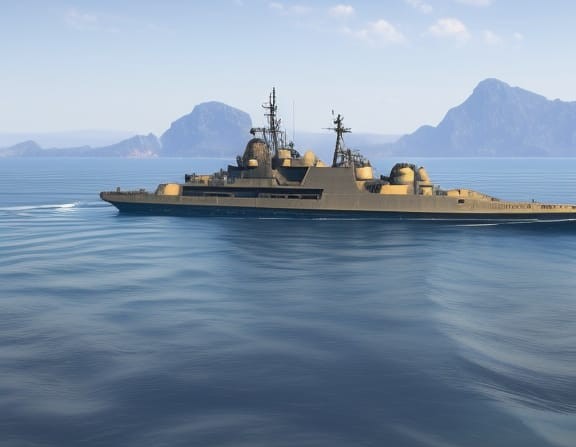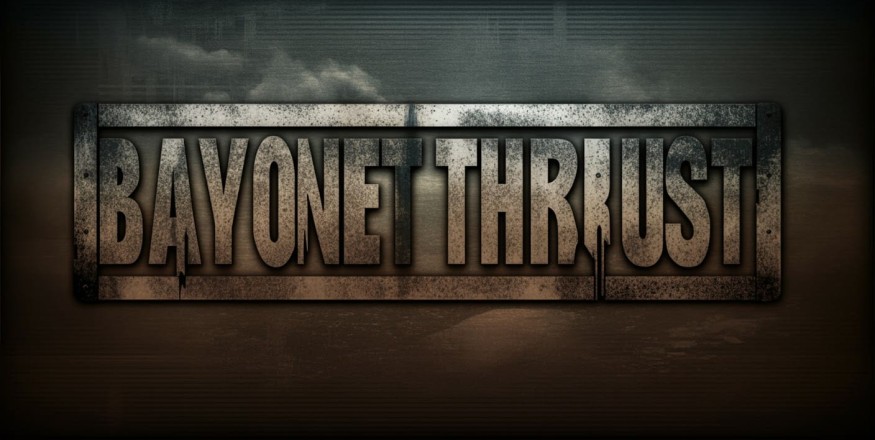 x
x
As he was being conveyed through the streets of Athens in the direction of Athens in the direction of a safe house, CIA agent Gerald Hahn observed groups of people congregating in the parks and by the imposing facades of the capital's finest hotels, banners and placards held aloft.664Please respect copyright.PENANAT35r9tm3UA
His contact informed him that these were anti-American demonstrators who were preparing to march on the U.S. Embassy, a popular activity in Athens at that time. Only a half-dozen blocks from the safe house, they saw a black Mercedes being pelted with rocks by a crowd of youths. The rocks made a lot of noise but otherwise bounced ineffectually off the hood of the moving vehicle.
They were attacking that car because they believed that the driver was with the U.S. Embassy. There was a rumor that the Americans were using foreign cars to disguise their movements in the city.
That meant anyone was vulnerable, more or less.
Given the inflamed passions and the resentment mounting against the U.S., the U.S. Embassy in Athens had begun advising all U.S. nationals to leave Greece if they were not engaged in vital business. Tourism, admittedly never very great in mid-April, had fallen off precipitously since the start of the conflict. British Caledonian and several other carriers serving Greece were reporting a growing number of canceled reservations.
So far there had been no actual violence against Americans, but this fortunate state of affairs would not continue indefinitely if Greece began to suffer dramatic setbacks in the war.
In fact, it did not continue.
At 3:00 P.M. the American Embassy in Athens had been attacked. The ground floor had been shot up by gunmen. A Marine guard was injured, ultimately died. One of the gunmen threw a hand grenade but it failed to go off. The police cordoned off the area, but the gunmen managed to escape.
The attack moved President Reagan to order the evacuation of all U.S. citizens from Greece. The Greek government had granted permission for an unspecified number of ships detached from the 6th Fleet to dock at Piraeus and pick up the evacuees.
The next day, Saturday, April 17, 1982, three bombings occurred in downtown Athens overnight, all targeted against American businesses. The Chase Manhattan Bank, the American Express office, and the Athens Hilton all suffered some destruction in the bombings. Fortunately, no injuries were reported in any of the instances. Police estimated the damage to be in the neighborhood of $15 million. In a telephone call to the English-language Athens News, a man said that the Greek Patriotic Alliance was taking credit for the bombings. He stated that they were a response to "America's aggression against the Greek homeland and support of the Turkish occupiers."
USS NIMITZ TO ASSIST EVACUATION OF AMERICANS FROM GREECE
Special to the London Times
WASHINGTON, D.C., USA, Nov. 17---The aircraft carrier U.S.S. Nimitz will be among the ships used to evacuate Americans from Greece tomorrow, a spokesman for the U.S. Department of Defense said here today. "The President is anxious that the evacuation proceed as smoothly and uneventfully as possible," he added.
Up to 3,000 people are expected to depart Greece in the operation. Several thousand more have already left in response to heightened tensions in the area. Larry Speakes, a State Department press secretary, said that there were no plans to close the American Embassy in Athens or break diplomatic ties with Greece. But he stressed that in view of the attack by unknown assailants against the embassy, more stringent security measures will certainly be observed. In a related development, a source at the White House said that President Reagan will shortly announce a ban on all travel by American citizens to Greece until the risk to their lives and property has abated.664Please respect copyright.PENANAyTvGOgbDL0
664Please respect copyright.PENANARDaFkPD3XU
664Please respect copyright.PENANAhnRzIDIFdX
664Please respect copyright.PENANAHvfJLuS9LM






















